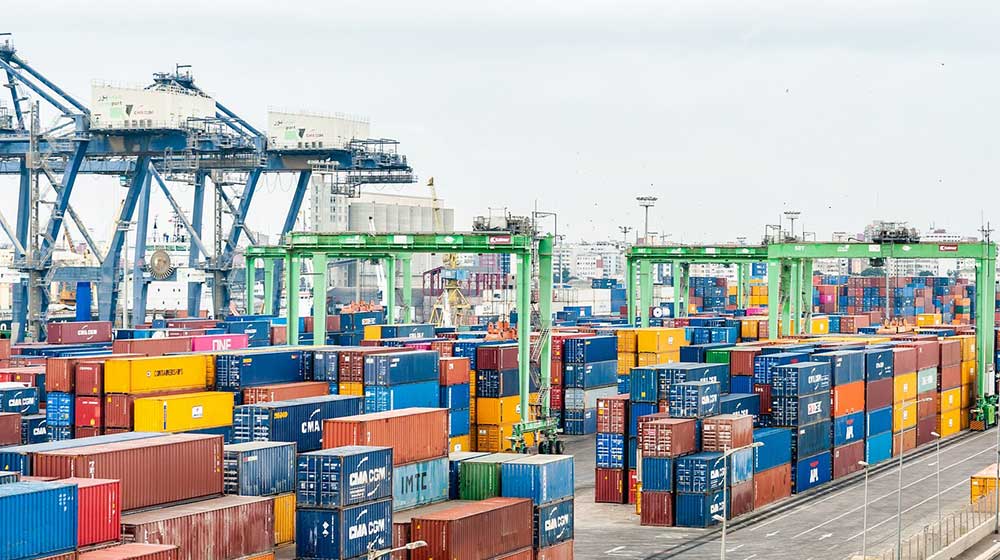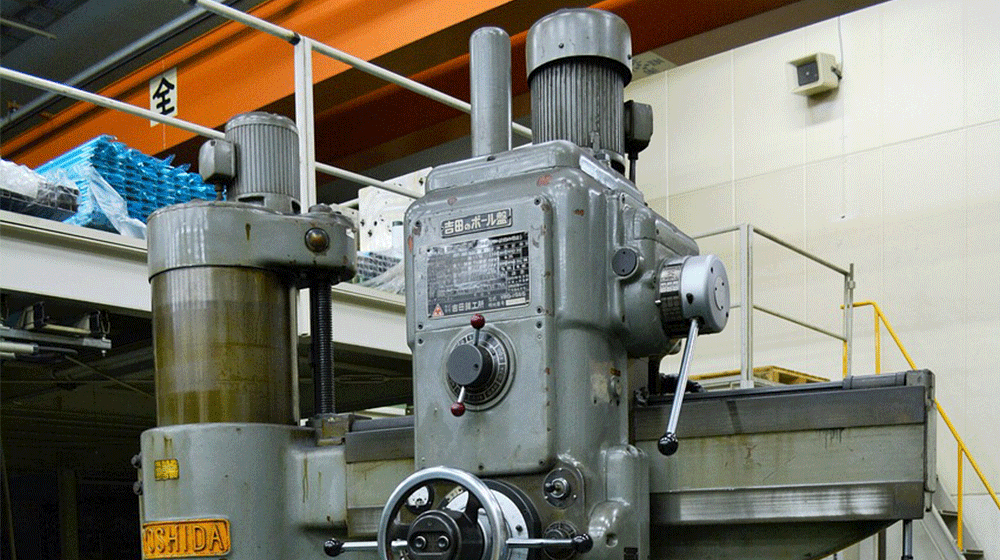
Shanghai Port Customs Clearance Service refers to a series of services provided by professional customs clearance companies to customers during the import and export trade process of Shanghai Port, including customs declaration, inspection, inspection, and clearance. The purpose of these services is to ensure the smooth import and export of goods, comply with relevant national regulations and rules, and minimize customer time and costs. The importance of customs clearance services at Shanghai Port is self-evident, as customs clearance procedures are one of the most complex and cumbersome parts of import and export trade, requiring professional knowledge and experience to handle.
The specific process of customs clearance services at Shanghai Port includes:
- Entrusted customs clearance company: The customer selects a professional customs clearance company as the agent, signs a contract, and provides detailed information about the relevant goods.
- Customs declaration: The customs clearance company conducts customs declaration operations based on the information provided by the customer, including filling out the customs declaration form, paying customs duties, etc.
- Inspection: According to customs regulations, some goods require inspection and quarantine to ensure that they meet national standards and quality requirements.
- Inspection: The customs inspects the goods to ensure that the quantity and quality of the goods are consistent with the customs declaration.
- Customs clearance: After the customs release the goods, the customs clearance company can help customers handle export tax refunds, pick-up and other procedures.
When conducting customs clearance services at Shanghai Port, customers need to pay attention to the following:
- Provide accurate cargo information, including product name, quantity, specifications, value, origin, etc.
- According to customs regulations, provide relevant supporting documents, such as certificate of origin, quality inspection certificate, etc.
- Comply with relevant national laws and regulations, and avoid illegal activities.
- Maintain close communication with the customs clearance company to promptly understand the situation of the goods, in order to facilitate subsequent processing.

